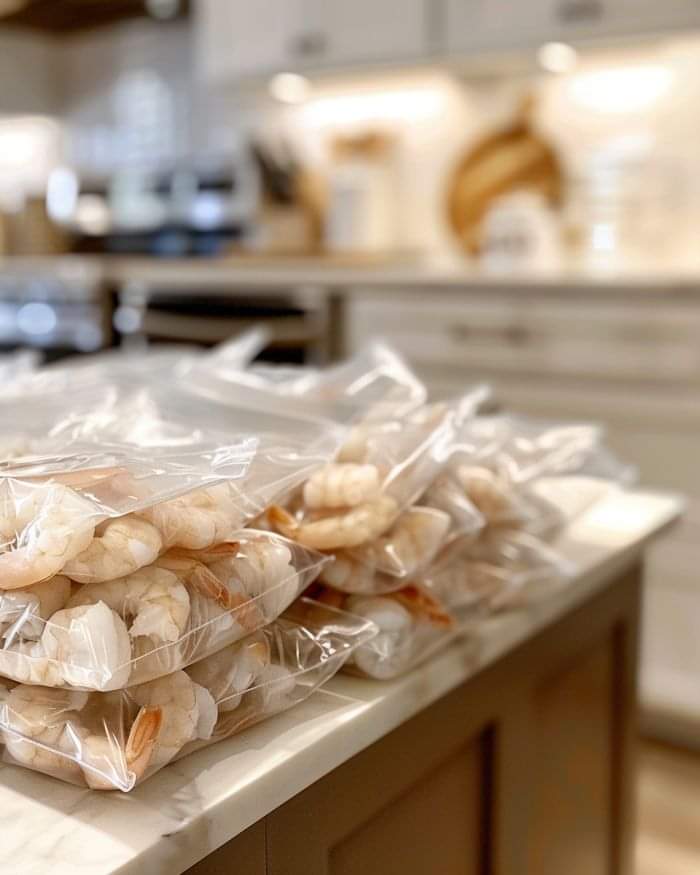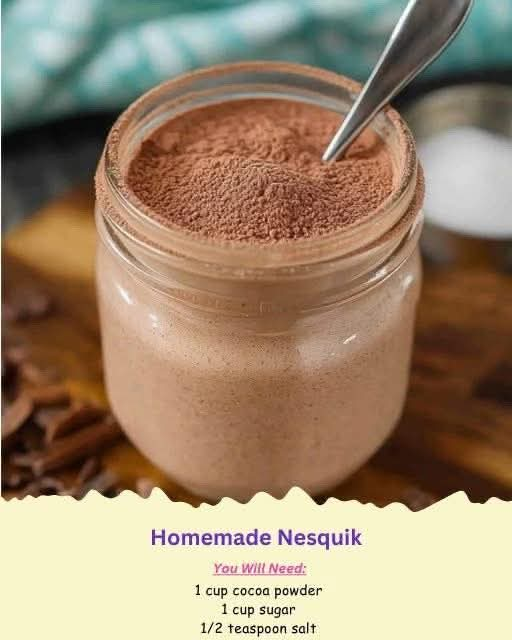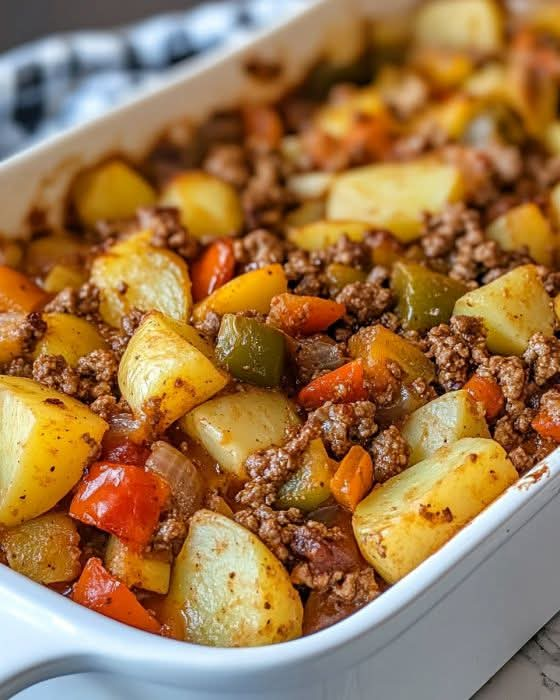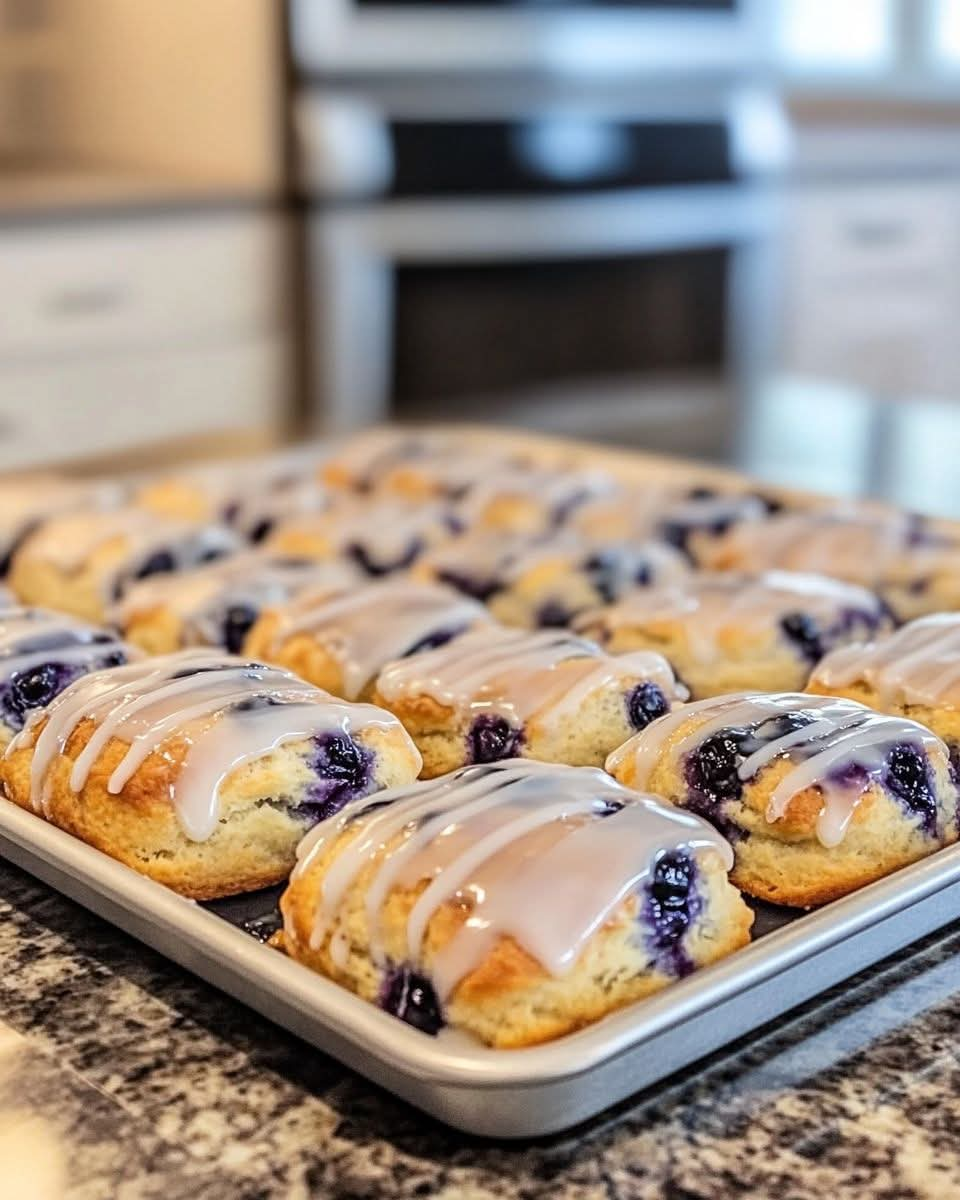Food safety is an essential topic every household must take seriously, especially when handling perishable items like seafood, which are particularly vulnerable to bacteria growth. Leaving frozen shrimp out at room temperature overnight by mistake is a common scenario that can lead to various foodborne illnesses if not managed properly.
This guide will delve into the risks associated with consuming improperly stored shrimp and provide actionable advice to determine if your seafood is still safe to eat. Understanding these principles can help avoid health complications and equip you with the knowledge to handle similar situations more safely in the future.
Background on the Safety of Seafood
Seafood, including shrimp, is highly perishable compared to many other food types due to the presence of bacteria that can multiply rapidly at room temperature. The United States Department of Agriculture (USDA) recommends that perishable foods, which have been left out at room temperature for more than two hours, should be discarded to avoid the risk of foodborne illness.
Risks of Consuming Left Out Shrimp
1. Bacterial Growth:
Bacteria like Salmonella and E. coli, which lead to food poisoning, thrive in temperatures between 40°F and 140°F, known as the “danger zone”.
2. Toxin Production:
Some bacteria can produce toxins that are not destroyed by cooking, potentially leading to severe health issues.
3. Spoilage:
Spoiled shrimp may develop an off odor, slimy texture, and discolored appearance, indicating it is no longer safe to consume.
How to Assess the Safety of Your Shrimp
1. Check the Temperature:
Assess how warm the kitchen was during the night as temperatures close to 40°F might slightly mitigate the risk, though it’s still generally risky.
2. Look and Smell:
Examine the shrimp for any signs of spoilage like unusual odors, discoloration, or a slimy texture.
3. Err on the Side of Caution:
When in doubt, it’s safest to discard the shrimp to prevent any risk of foodborne illness.
It is understandably frustrating to deal with the oversight of leaving food out overnight. However, focusing on these safety guidelines will ensure health is not compromised. Always prioritize safety and when unsure, it’s best to err on the side of caution and discard any questionable food items.






